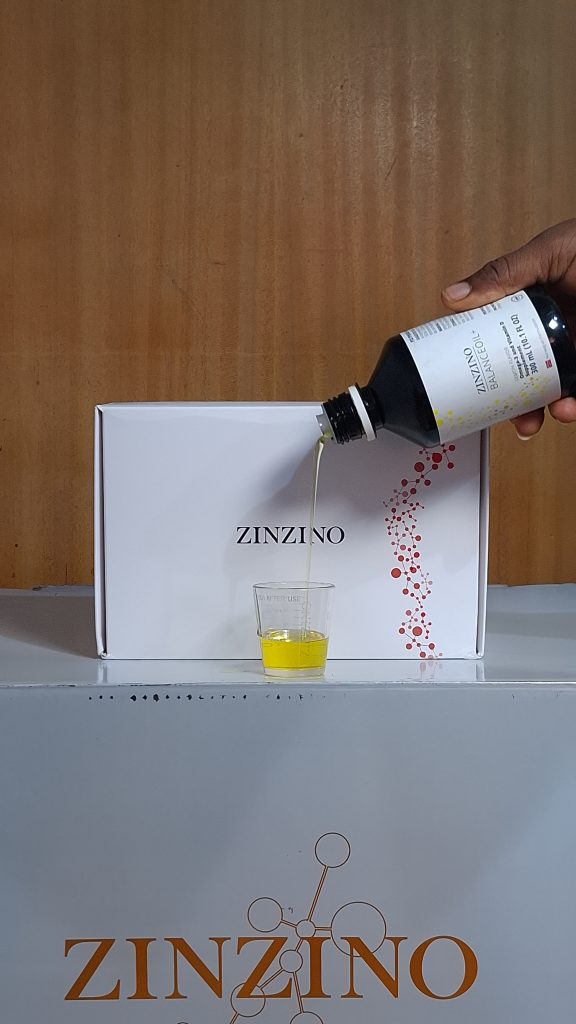
As parents, we often focus on the obvious culprits behind our children’s behaviour – lack of sleep, overstimulation, or too much screen time. But one commonly overlooked trigger that could be influencing your child’s restlessness, inattention, and even tantrums is what’s hiding in their diet, particularly sugar.
Many parents have reached out to CompleteWellness with similar concerns:
“My child can’t sit still… they’re so active and easily distracted. What can I do?”
While every child is different and there’s no one-size-fits-all answer, one major factor we always assess is their daily food intake, especially their sugar consumption, both obvious and hidden.
The Sugar–Hyperactivity Connection: What Does Science Say?
For decades, the relationship between sugar and hyperactivity has been debated. While some studies argue that sugar may not directly cause hyperactivity in all children, emerging research shows a clear connection between high-sugar diets and behavioural challenges, especially in children who are sensitive to blood sugar spikes or have underlying conditions like ADHD.
In fact, a 2020 study published in the Nutrients journal concluded that diets high in refined sugar and saturated fats are associated with poorer attention and behaviour regulation in children. Another study in the Journal of Pediatrics found that children who consumed sugary beverages were more likely to exhibit hyperactive behaviours.
Where the Sugar Hides: It’s Not Just the Sweets

You might think, “My child doesn’t eat sweets that much.” But sugar is often hidden in common foods marketed as “kid-friendly” or “healthy.” These include:
- Breakfast cereals
- Yoghurt and flavoured milk
- Juice boxes and fruit snacks
- Bread and processed snacks
- Packaged sauces and ketchup
Even foods labelled as “low fat” or “natural” can contain added sugars to compensate for flavour loss. Over time, these sugars contribute to energy spikes and crashes, which may manifest as hyperactivity, mood swings, or inattentiveness.
The Science Behind Sugar and the Brain
When children eat sugary foods, their blood sugar rises rapidly, leading to a short burst of energy. But this is often followed by a “crash,” where their blood sugar drops sharply. This rollercoaster effect can impact how they feel and behave.
In the brain, sugar affects dopamine levels, a neurotransmitter linked to reward and pleasure. This can make sugary foods addictive for some children, creating a cycle of cravings, overconsumption, and behavioural issues.
What You Can Do as a Parent
At CompleteWellness, we believe in empowering parents with holistic and science-backed solutions. If your child struggles with hyperactivity, consider taking these steps:
1. Read Labels Carefully
Watch out for terms like glucose, fructose, corn syrup, maltodextrin, and sucrose. These are all forms of sugar.
2. Choose Whole Foods Over Packaged Foods
Prioritise unprocessed meals, such as fresh fruits, vegetables, whole grains, and lean proteins.
3. Balance Meals with Healthy Fats and Fibre
balanced meals and healthy fats help slow sugar absorption and stabilise energy levels.
4. Hydrate with Water, Not Juice
Water supports brain function more effectively than sugary drinks.
5. Include Omega-3 Supplements
Studies suggest omega-3 fatty acids are essential for brain health and behaviour regulation. An imbalance between omega-3 and omega-6 fatty acids may worsen hyperactivity. Supplements like Zinzino Balance Oil can help restore this balance, supporting calmer behaviour and improved focus.
Conclusion

You don’t have to navigate this journey alone. If your child is experiencing behavioural challenges and you suspect their diet could be playing a role, you should consider a diet change and also incorporate natural supplements.
One of the most promising natural supports for children with ADHD is a balanced intake of essential fatty acids, particularly omega-3s. Research has shown that many children with ADHD have lower levels of omega-3, which are crucial for brain function, emotional regulation, and attention span.
That’s why we confidently recommend Zinzino Balance Oil, a high-quality supplement that helps correct the imbalance of omega-6 to omega-3 fatty acids in the body. Unlike many over-the-counter fish oils, our Balance Oil is backed by science and personalised through a test-based approach, so you can actually track improvements.
